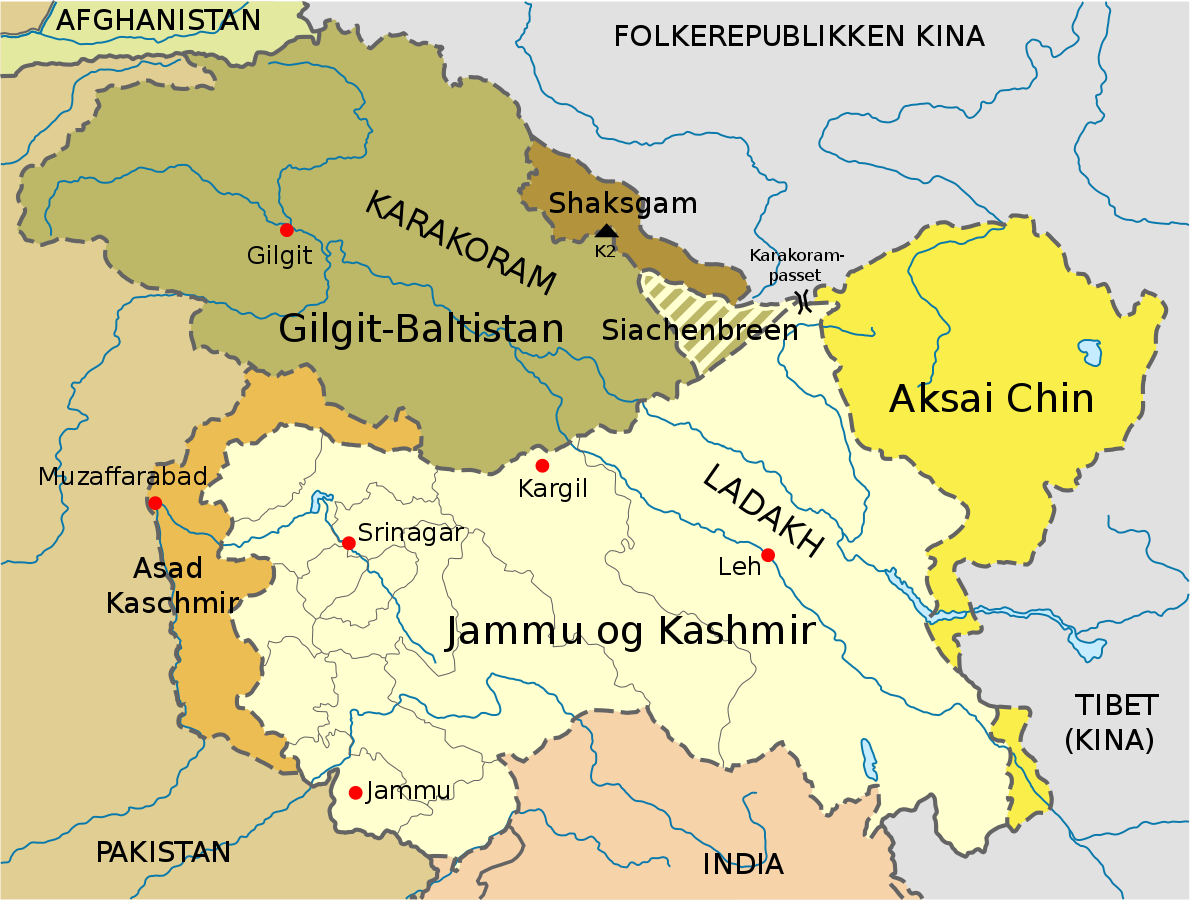SOURCE: AFI

The Shaksgam Valley, a strategically significant region in the Karakoram Range, has been a focal point of geopolitical contention for decades. In 1963, Pakistan ceded this territory to China under an agreement, a move that India has consistently deemed unlawful. This article explores the historical context, the legality of the cession, and the broader geopolitical implications for the region.
The Shaksgam Valley, also known as the Trans-Karakoram Tract, lies to the north of the Siachen Glacier. Historically, this area has been part of the larger Jammu and Kashmir region, which is claimed in its entirety by India. The 1963 agreement between Pakistan and China, officially termed the Sino-Pakistan Agreement, saw Pakistan cede control of the valley to China.
India’s stance on the Shaksgam Valley is clear: it considers the cession of this territory by Pakistan to China as illegal. According to India, Pakistan had no legal standing to transfer control of the territory as it was part of the disputed Jammu and Kashmir region. The Indian Ministry of External Affairs has repeatedly emphasized that any agreement involving this territory, without India’s consent, is null and void.
The transfer of Shaksgam Valley has significantly strengthened the strategic alliance between China and Pakistan. This alliance is often viewed as a counterbalance to India’s influence in the region. The area serves as a critical link in the China-Pakistan Economic Corridor (CPEC), a flagship project under China’s Belt and Road Initiative (BRI).
The cession has contributed to the complexities in India-China relations. India’s objection to the agreement has been a consistent point of diplomatic contention. The presence of Chinese forces in the region near the Line of Actual Control (LAC) has added to the ongoing border disputes between India and China.
The Shaksgam Valley’s strategic location, close to the Siachen Glacier and the contentious borders of India, China, and Pakistan, makes it a significant military vantage point. The increased Chinese presence in this area poses potential security challenges for India, necessitating enhanced vigilance and military preparedness.
India’s consistent objections to the cession underline the legal and diplomatic challenges surrounding the Kashmir issue. The unilateral actions by Pakistan in ceding the territory to China complicate efforts for a peaceful resolution of the Kashmir dispute and undermine the principles of international law regarding disputed territories.
The cession of the Shaksgam Valley by Pakistan to China remains a contentious and unresolved issue, with significant geopolitical and security implications for the region. As India continues to assert its claims and bolster its strategic capabilities, the dynamics surrounding this territory underscore the broader complexities of regional geopolitics.